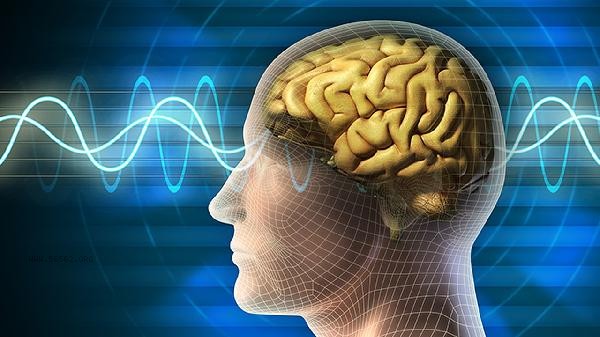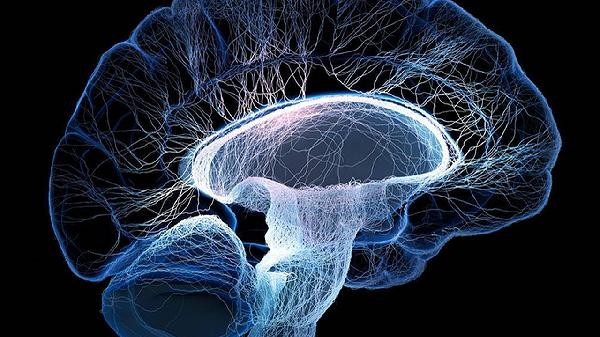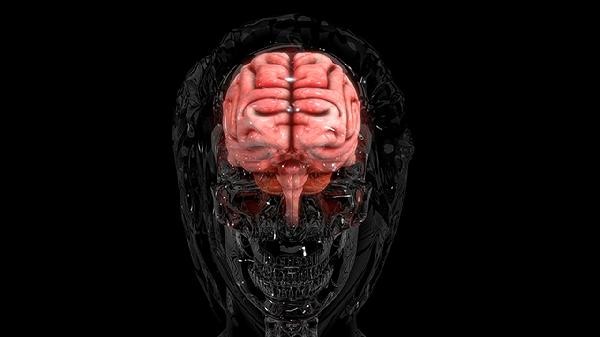Insomnia and drowsiness in the brain can usually be treated, but the effect varies from person to person. The main treatment methods for insomnia include cognitive-behavioral therapy, medication therapy, sleep hygiene adjustment, relaxation training, and traditional Chinese medicine conditioning. Insomnia may be related to psychological stress, lifestyle habits, physical illnesses, environmental factors, medication side effects, and other factors.

1. Cognitive Behavioral Therapy
Cognitive behavioral therapy is the preferred method for treating insomnia, which improves sleep by changing bad cognitive and behavioral habits. This method includes techniques such as sleep restriction, stimulus control, cognitive restructuring, etc., to help patients establish a regular sleep rhythm and reduce bed rest awakening time. Long term persistence can significantly improve sleep quality without any medication side effects.
2. Medication treatment
Short term insomnia can be treated with sedatives and hypnotics according to medical advice, such as dexmedetomidine, zolpidem, alprazolam, etc. These drugs can quickly induce sleep, but long-term use may lead to dependence. Traditional Chinese medicine such as sour jujube kernel, cypress kernel, and night wisteria also have the effect of calming the mind and aiding sleep. Medication should strictly follow the doctor's advice and avoid adjusting the dosage on your own.
3. Sleep hygiene adjustment
improves the sleeping environment by keeping the bedroom quiet, dark, and at an appropriate temperature. Establish a regular sleep schedule and avoid taking long daytime naps. Avoid using electronic devices before bedtime and reduce caffeine and alcohol intake. These lifestyle adjustments have a significant improvement effect on mild insomnia.

4. Relaxation Training
Progressive muscle relaxation, abdominal breathing, meditation and other relaxation techniques can reduce body tension. These methods alleviate anxiety and excessive arousal by regulating the autonomic nervous system. Practicing daily can help the brain enter sleep faster.
5. Traditional Chinese Medicine Regulation
Traditional Chinese Medicine believes that insomnia is related to the deficiency of both the heart and spleen, liver depression, and the transformation of fire. Comprehensive conditioning such as acupuncture and moxibustion, massage and traditional Chinese medicine can be used. Common acupoints include Shenmen, Neiguan, Sanyinjiao, etc. Traditional Chinese medicine treatment emphasizes overall regulation and is suitable for long-term insomnia constitution regulation. Insomnia treatment requires a combination of multiple methods. Mild insomnia can be improved through lifestyle adjustments, while stubborn insomnia may require long-term treatment. It is recommended to maintain patience and avoid excessive attention to sleep issues. Exercise appropriately during the day, but avoid vigorous activity before bedtime. The diet should be light and the dinner should be too full. Establish a fixed bedtime ritual, such as soaking feet in warm water, listening to light music, etc. If the symptoms persist and do not improve, seek medical attention promptly to investigate potential disease factors. Maintain a positive attitude during treatment and avoid anxiety caused by occasional insomnia.









Comments (0)
Leave a Comment
No comments yet
Be the first to share your thoughts!